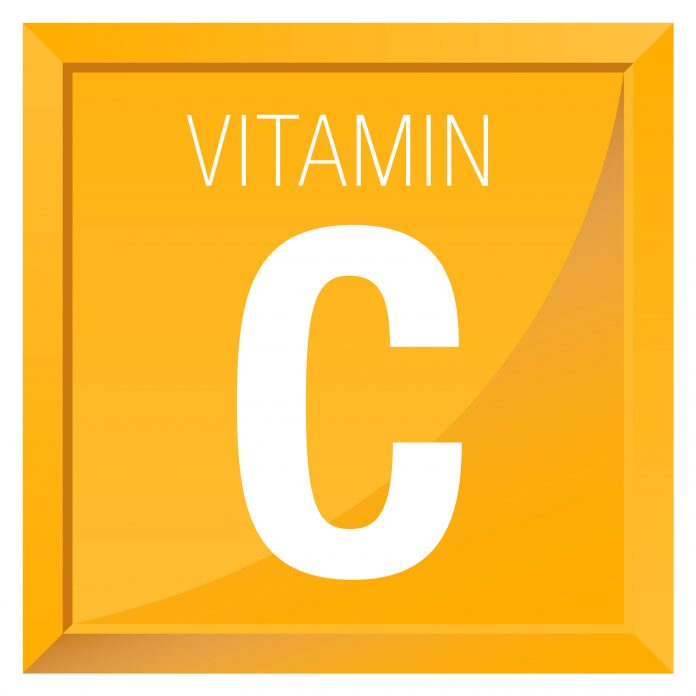As a senior, vitamins can play a vital role in your health and wellness. As you age and become more susceptible to illness and disease, vitamin C is the one vitamin that can help you the most.
What are the most important benefits of vitamin C?
- Helps fight heart disease by regulating your cholesterol levels
- Protects against cancers of the stomach, lungs, pancreas, esophagus and others
- Helps with the formation of white blood cells which fight infection and aid in the production of collagen which is the connective tissue that holds bone, cartilage, ligaments and skin together
- Keeps your blood vessel walls strong and your blood vessels resistant and pliable
- Aids in the production of red blood cells which help wounds heal and keep your gums healthy
- Vitamin C is an antioxidant that helps to neutralize free radicals which can damage your DNA, keeping cells healthy
- Reduces the duration and severity of colds
What foods will provide the most vitamin C?
- Citrus fruit
- Broccoli and brussels sprouts
- Tomatoes and bell peppers
- Dark leafy greens
- Berries, papayas and cantaloupe
- Peas
Vitamin C is water soluble and not stored in the body. The vitamin C content in food is destroyed by heat and should usually be eaten raw. The recommended intake for vitamin C is 90 milligrams a day for men and 75 milligrams a day for women. Since smokers have lower blood levels of vitamin C, they should uptake their amount of daily vitamin C to 125 milligrams for men and 110 milligrams for women.
Certain seniors should be careful of their vitamin C intake as it can interact with medications such as blood thinners and anticoagulants. It may also affect sugar levels and blood pressure so check with your doctor before adding supplements to your diet.























